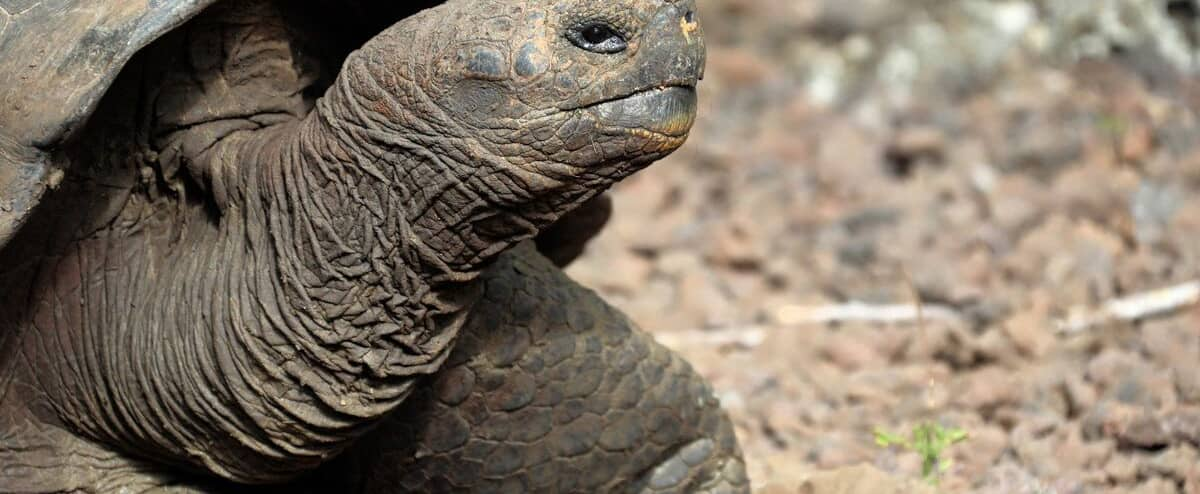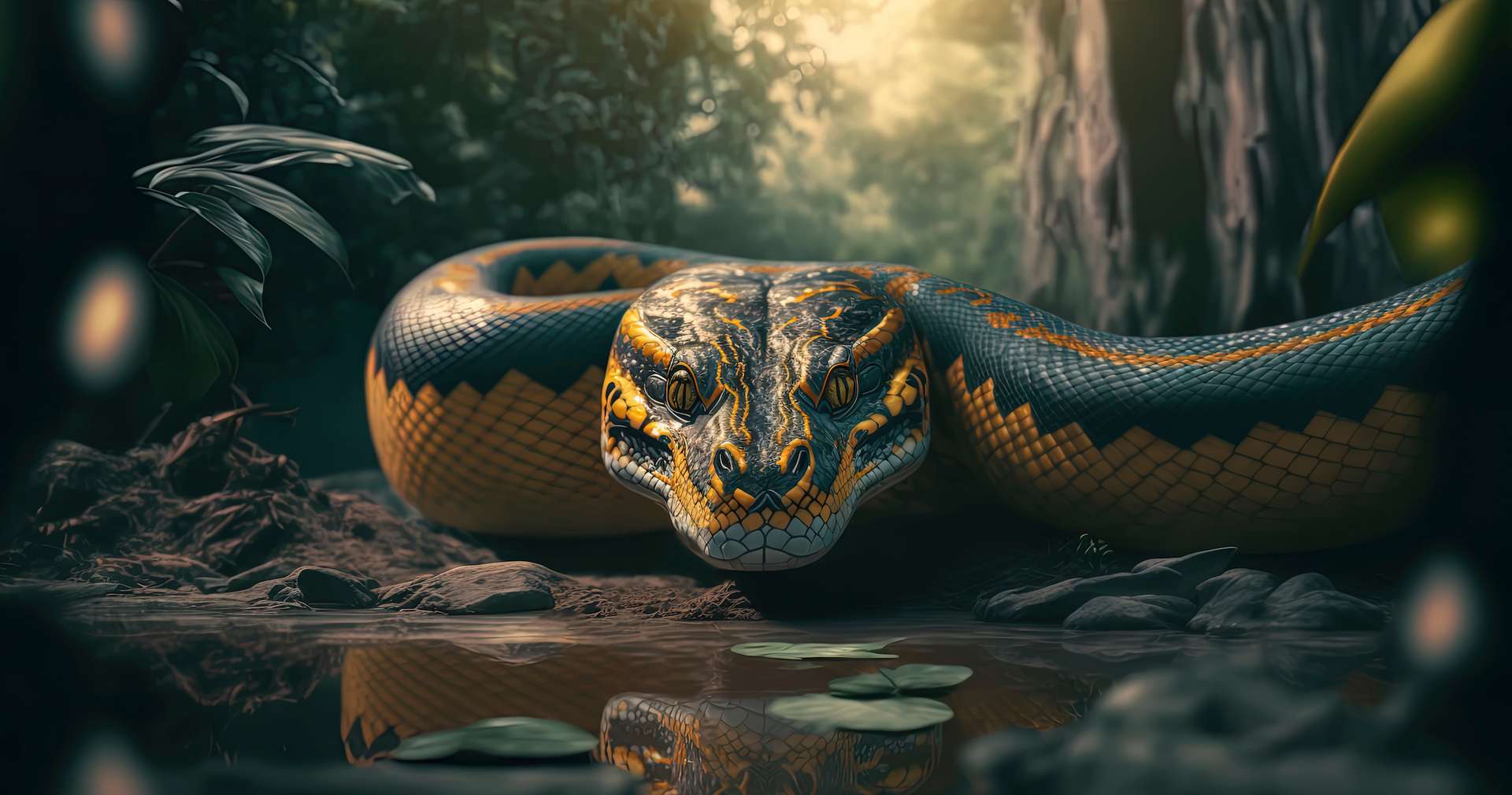
Being a turtle, the secret of eternal youth? Two studies published Thursday suggest that the reduced aging observed in cold-blooded species calls into question, and the idea that gradual biological decline, which leads to animal death, is inevitable.
Other than some specific cases – such as the 190-year-old “Jonathan” tortoise – the case has not been studied extensively, David Miller, co-author of one of the articles, told AFP. Journal “Science”.
“The researchers focused more on a really comprehensive comparison work with birds and animals in nature,” says the ecologist from Penn State University in the US. “But what we do know about amphibians and reptiles came from one species here and another there…”
For his work, David Miller collected long-term fieldwork data of 107 groups of 77 species of wildlife, including turtles, amphibians, snakes, and crocodiles.
aging
These studies, by identifying individuals and then following them over several years, make it possible to estimate the mortality rate of a given population with probabilities.
They also collected data on the animals’ age after sexual maturity and, using statistical methods, determined rates of aging – or senescence – as well as longevity, the age at which 95% of the population is. Already dead.
“We found examples of minimal aging,” said Beth Rink, a biologist at Northeastern University in the US and one of the study’s lead authors.
While they expected this for turtles, similar results emerged for one species in each group of cold-blooded animals, including frogs and crocodiles.
The researcher explained that “minimal old age or old age does not mean that they are immortal”: they have a chance of dying, but this probability does not increase with age.
Conversely, among American women, for example, the risk of dying within a year at age 10 is one in 2,500, compared to one in 25 at age 80.
Temperature rather than metabolism
The study was funded by the US Institutes of Health (NIH), which seeks to better understand the aging of exothermic organisms, often identified by misuse of language as “cold-blooded” organisms, to apply to humans, which are endothermic.
Scientists have long believed that ectotherms age less quickly due to their reliance on the environment to regulate their temperature, which lowers their metabolism, unlike endotherms, which produce their own heat and have a higher metabolism.
This association holds true for mammals: mice have a faster metabolism than humans, and shorter life expectancy.
But according to this new study, and contrary to what we previously thought, metabolic rate is not the primary factor in aging.
Other results make it possible to plot alternative pathways, which remain to be studied.
By looking at a species’ average temperature, not its metabolism, the authors found that the hottest reptile species age faster than others, while the opposite was true for amphibians.
human benefits
The publication adds that animals with physical protective qualities, such as turtle shells or the presence of toxins on some amphibians, live longer than those without.
“It allows animals to live longer, and to evolve in such a way that reduces aging so that if they avoid eating, they are still functioning well,” explained David Miller.
The second study published Thursday, led by a team from the University of Southern Denmark and other laboratories, presents the results of a similar method applied to 52 species of land and sea turtles in zoo populations.
The scientists concluded that 75% of these species showed minimal aging.
“If some species truly manage to escape aging, and specialized studies can understand the mechanisms, the health and longevity of humans could benefit,” researchers Stephen Ostad and Caleb Finch wrote in a commentary on their publication.
However, they note that while some species have a mortality rate that does not increase with age, they do accumulate age-related infections.
Scientists say Jonathan, the 190-year-old tortoise, “was now blind, lost her sense of smell and had to be fed manually.”






